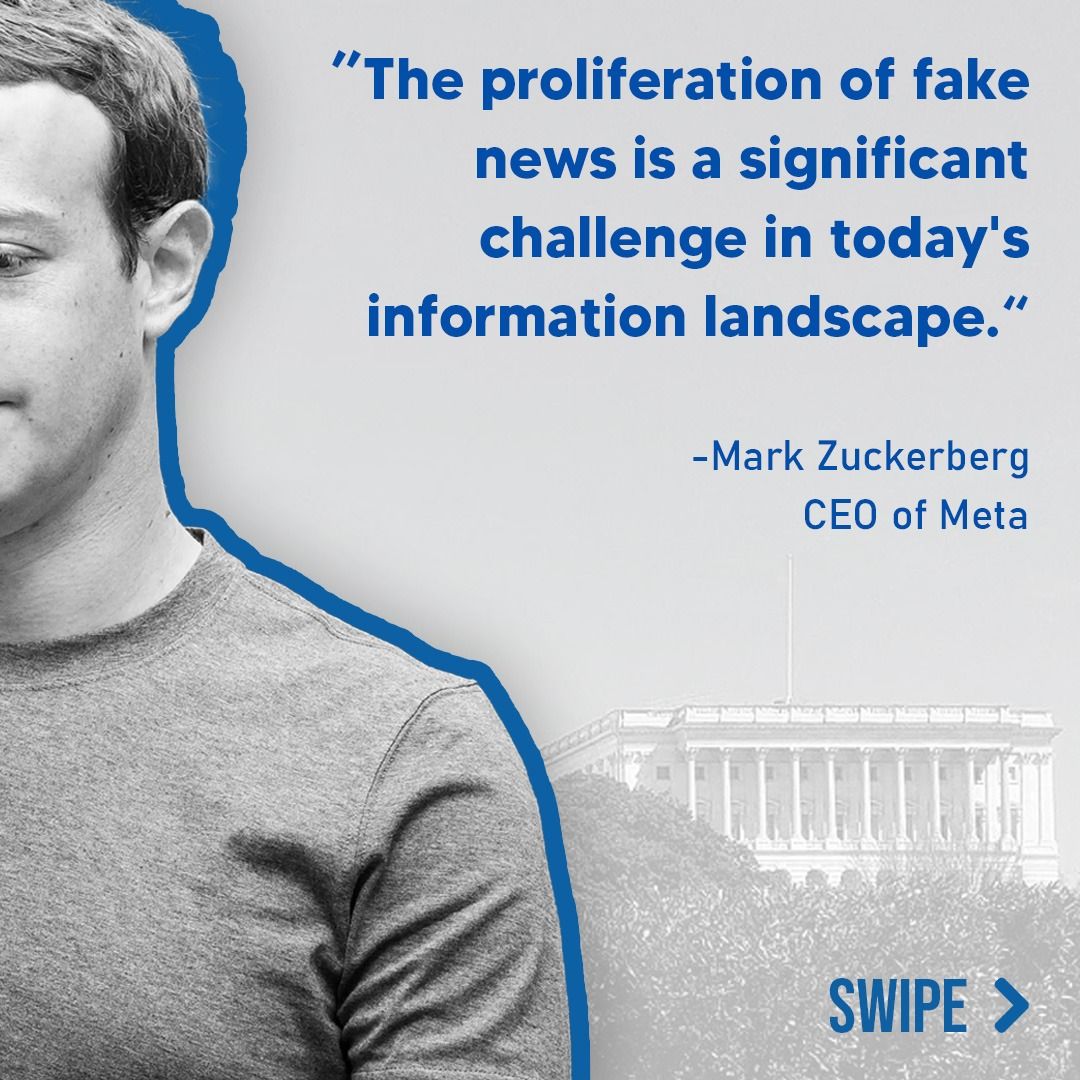
Fact Check Analysis: Did Trump Replace His White House Counsel Before He Even Started?
On December 4, 2024, The New York Times published an article titled “Trump Replaces His White House Counsel Before He Even Started the Job.” Written by Maggie Haberman, the report discusses President-elect Donald Trump’s decision to replace William McGinley as his White House counsel with David Warrington just 22 days after McGinley’s appointment. While the article offers a seemingly straightforward account, our investigative review reveals instances of misinformation, lacking context, and sensationalism that could mislead readers.
Through our analysis, we aim to uncover the inconsistencies and missing information while highlighting the pivotal role of evaluating facts in today’s media landscape. Let’s dive into the article’s claims, examine their veracity, and bring clarity to this complex issue.

Claim 1: McGinley Was Replaced Due to “Shifting Power Dynamics”
The article attributes McGinley’s abrupt replacement to the “shifting power dynamics” in Trump’s inner circle. However, there is no evidence directly supporting this claim. According to insider reports and statements from Trump’s team, the decision was aligned with logistical needs and Warrington’s expertise, not internal power struggles. This characterization by the article leans toward sensationalism, potentially to dramatize Trump’s leadership dynamics.
Claim 2: Attacks on Boris Epshteyn and Allegations of Corruption
A significant portion of the article focuses on Boris Epshteyn, a Trump ally accused by unnamed sources of soliciting retainer fees from potential appointees. While the allegations against Epshteyn are mentioned, his denial of the claims and the lack of formal investigations into the matter are buried in the narrative. Without concrete evidence or credible sources, this inclusion relies heavily on conjecture and risks promoting unsubstantiated rumors. Readers deserve a balanced portrayal rather than one that implicitly leans into guilt by association.

Claim 3: The Matt Gaetz Appointment as Attorney General
The article claims that Matt Gaetz served as Trump’s future attorney general for just eight days before allegations of sexual misconduct and drug use ended his tenure. However, our research reveals no verifiable record of Gaetz ever formally assuming this role. While there were rumors of his involvement in the administration, this claim lacks sourcing and appears to exaggerate or misrepresent the timeline to add dramatic weight to the story.
Contextual Issues: Missing Objectivity and Key Details
The article fails to provide certain critical details that would offer readers a fuller understanding of the events. For example:
- No explanation was given for why Elon Musk, mentioned as head of the Department of Government Efficiency, is relevant to McGinley’s reassignment, leaving readers with more questions than answers.
- The role of Susie Wiles in influencing Warrington’s appointment was mentioned, but the actual decision-making process was not explored in-depth.
This absence of thorough investigation creates a narrative that feels incomplete and biased, as though its primary aim is to intrigue rather than inform.

Final Analysis: A Blend of Facts and Fanfare
While the piece offers factual information regarding the change in White House counsel, it mixes verified details with speculation, unsubstantiated claims, and missing context. By emphasizing potential scandals and interpersonal drama, the article hints at a narrative that may not completely align with the facts available. Readers navigating this article without scrutiny might inadvertently draw conclusions based on conjecture rather than evidence.
At DBUNK, we prioritize helping you discern the full truth. As media consumers in a misinformation-saturated environment, it’s essential to question the underlying intentions of reports, particularly when they blend the line between journalism and entertainment.

Stay Vigilant, Stay Informed
As media grows more complex and narratives shift rapidly, misinformation and missing context can erode public trust and skew societal perceptions. Let DBUNK equip you with the tools to question, research, and find clarity amid the noise. Our mobile app launches soon—bringing truth to your fingertips.
Click here to read the original article.
Stay connected: follow us on social media for updates, discussions, and fact-checks that matter.
“`

